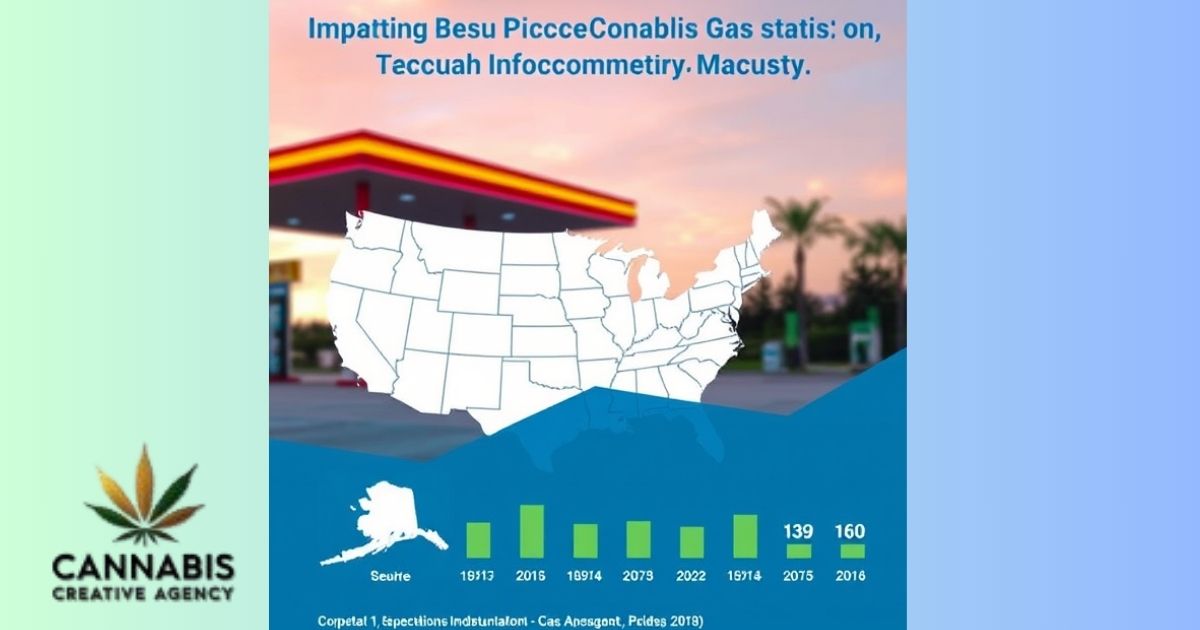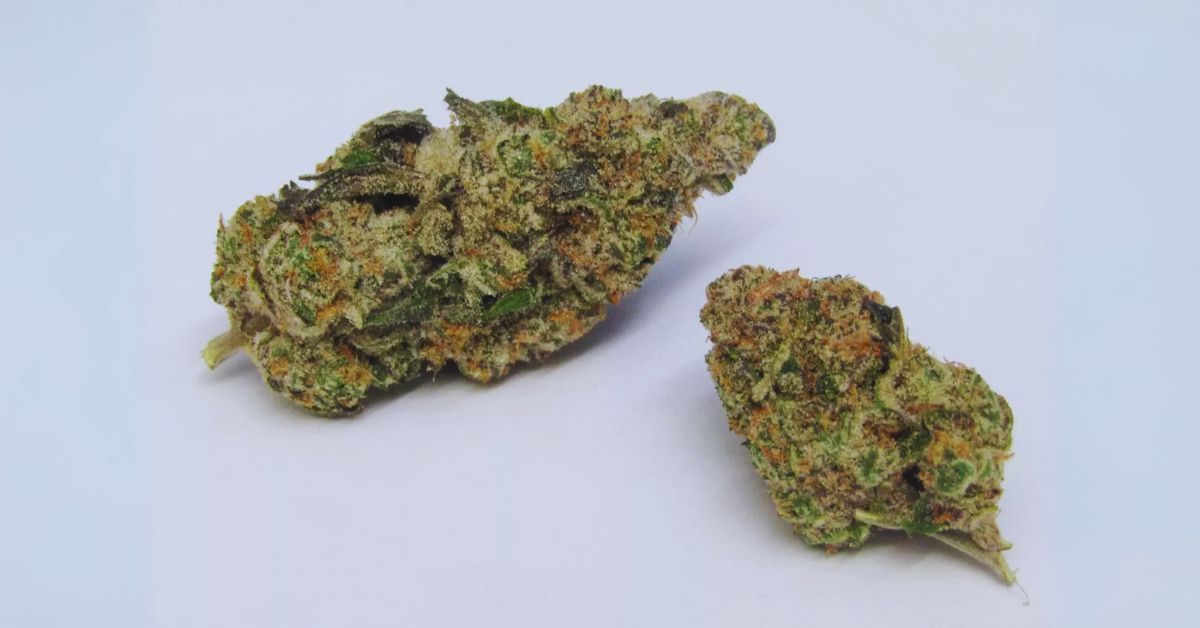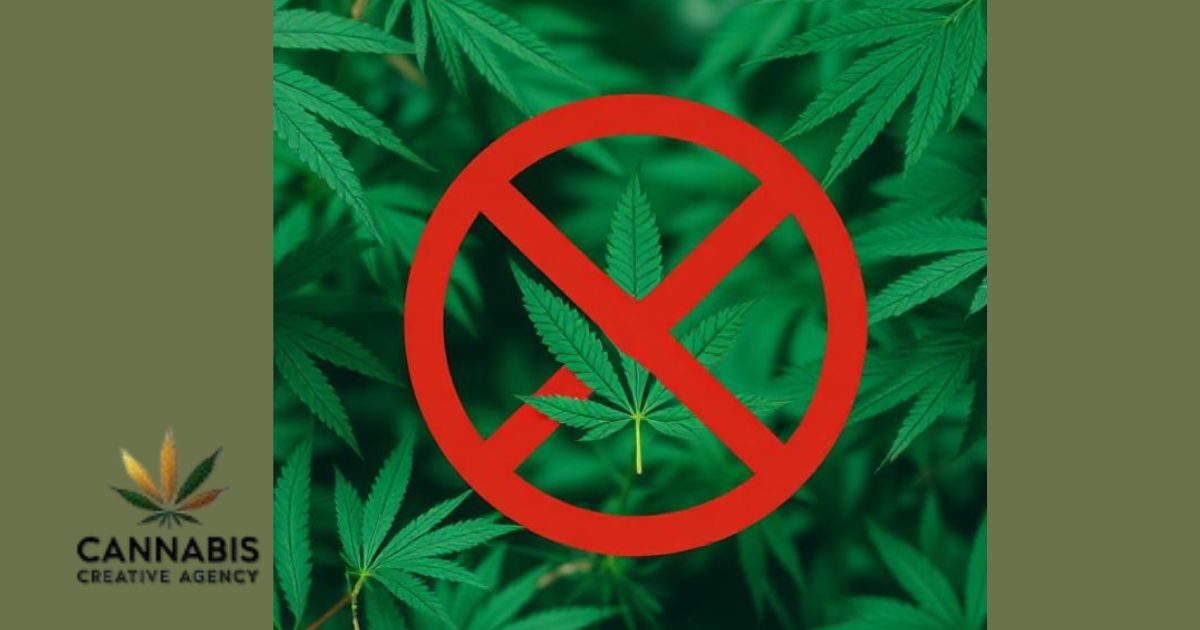The Cannabis in Gas Stations Could Affect the U.S. Industry in the United States has experienced remarkable growth over the past decade. With increasing legalization and social acceptance, cannabis has transitioned from being a taboo subject to a booming business sector. Today, it is a multibillion-dollar industry encompassing medicinal, recreational, and wellness products. As legalization spreads across states, the market’s evolution continues to cannabis station open doors for new sales channels and distribution methods.
Introduction to the Concept of Selling Cannabis in Gas Stations
One intriguing development in the cannabis market is the introduction of cannabis sales in gas stations. While this concept may seem unconventional, it highlights consumer purchasing habits’ growing demand for convenience. Gas stations, known for providing quick and accessible products, are now exploring the potential to sell cannabis products like CBD and low-THC items.
This article aims to explore the implications of selling cannabis in gas stations, examining its impact on the broader U.S. cannabis industry. From market dynamics to regulatory concerns, we will delve into this new sales channel’s potential benefits and challenges.
The Current Landscape of Cannabis Sales
Legalization Trends Across States
As of today, a significant number of states have legalized cannabis for medical or recreational use. This patchwork of legalization has created a diverse and rapidly evolving market. States Cannabis in Gas Stations Could Affect the U.S. Industry like California, Colorado, and New York lead the charge in Dispensary SEO recreational cannabis sales, while others are slowly moving toward legalization, signaling further market expansion.
Growth of Cannabis Dispensaries and Alternative Sales Channels
Dispensaries remain the primary retail outlets for cannabis, offering a wide range of products and a tailored shopping experience. Additionally, alternative channels, such as online ordering, Cannabis in Gas Stations Could Affect the U.S. Industry delivery services, and vending machines, have gained traction. These methods cater to consumers’ desire for convenience, further reshaping how cannabis products are purchased.
The Role of Convenience in Cannabis Purchasing
Consumers increasingly prioritize convenience in their purchasing decisions. This trend is evident in the rise of e-commerce, subscription services, and delivery options across various industries. Cannabis sales in gas stations could be another step in making products more accessible to consumers, especially those seeking quick and easy purchases.
The Concept of Cannabis in Gas Stations
Definition and Examples of Gas Station Cannabis Sales
Cannabis sales in gas stations typically involve products such as CBD oils, gummies, and beverages, as well as low-THC items where permitted. Some gas stations in states like Florida and Nevada have begun selling cannabis-infused products, targeting customers looking for convenience.
Comparison with Traditional Dispensaries
Unlike dispensaries offering a curated and educational shopping experience, gas stations focus on speed and accessibility. While dispensaries provide detailed information about strains, effects, and usage, gas stations cater to customers seeking quick transactions.
Potential Benefits for Consumers
Selling cannabis in gas stations offers several advantages for consumers. It provides greater accessibility, reduces the stigma associated with visiting dispensaries, and caters to individuals who may only require low-dose or over-the-counter products. This don’t ever buy no weed from the gas station convenience can also appeal to travelers and individuals in rural areas.
Safety and Quality Concerns
Discussion on the Safety of Gas Station Cannabis Products
A primary concern with selling cannabis in gas stations is product safety. Ensuring that cannabis products meet safety standards and are stored correctly is crucial to maintaining weed gas station consumer trust and health.
Analysis of Product Quality and Regulation
Gas stations may not have the same rigorous oversight as dispensaries, raising questions about product quality and consistency. States with legalized cannabis must enforce strict regulations to ensure that all products sold in gas stations adhere to the same quality standards as those sold in dispensaries.
Consumer Perceptions and Experiences
Consumer trust in cannabis products sold at gas stations will depend on transparency, labeling, and third-party testing. Education about the source and quality of these products will be essential to address any skepticism.
The Impact on the U.S. Cannabis Industry
Potential Market Growth and Revenue Generation
Expanding cannabis sales to gas stations could significantly increase market reach and revenue. By tapping into high-traffic locations, the cannabis industry could attract new customers and create additional revenue streams.
Effects on Traditional Dispensaries and Competition
The introduction of cannabis in gas stations could intensify competition for dispensaries. While dispensaries offer specialized products and expertise, gas stations may attract convenience customers. This shift could push dispensaries to innovate and enhance their offerings.
Influence on Consumer Behavior and Purchasing Habits
Cannabis sales in gas stations may normalize cannabis use and encourage impulsive purchases. Over time, this could lead to a broader acceptance of cannabis as a mainstream product, influencing purchasing habits and reducing stigma.

Case Studies: Gas Station Cannabis Sales
Examples of Gas Stations Currently Selling Cannabis Products
Several gas stations in states like Colorado and California have begun offering cannabis products. These early adopters provide valuable insights into consumer demand and operational challenges.
Success Stories and Challenges Faced
Some gas stations have reported strong sales and positive customer feedback. However, they also face challenges such as navigating complex regulations, ensuring product quality, and managing inventory.
Insights from Industry Experts
Industry experts emphasize the importance of regulatory compliance, consumer education, and strategic partnerships in successfully integrating cannabis sales into gas stations.
The Role of Technology and Innovation
Introduction of Apps and Platforms Like Weed Map 2025
Technology is revolutionizing the cannabis industry, with apps and platforms like Weed Map 2025 making it easier for consumers to locate and purchase products. These tools can also help gas stations manage inventory and compliance.
The Impact of Technology on Cannabis Accessibility
Technological advancements have enhanced the accessibility of cannabis products through delivery apps, online ordering, and digital payment systems. Integrating these innovations into gas station sales could streamline operations and improve the customer experience.
Future Trends in Cannabis Sales and Distribution
The future of cannabis sales may include automated vending machines, blockchain-based tracking systems, and AI-driven recommendations. Gas stations could leverage these trends to thca gas station offer a seamless purchasing experience.
Regulatory and Legal Considerations
Overview of State and Federal Regulations
Cannabis sales in gas stations must comply with state-specific regulations, which vary widely. Federal restrictions on cannabis remain a significant hurdle, adding complexity to the legal landscape.
Challenges Faced by Gas Stations in Selling Cannabis
Gas stations face challenges such as obtaining licenses, meeting storage and security requirements, and ensuring staff training. These factors add operational complexities that must be addressed gas station weed to ensure compliance.
The Importance of Compliance and Consumer Protection
Adhering to regulations is essential to protect consumers and maintain industry credibility. Gas stations must prioritize compliance to build trust and avoid legal repercussions.
Consumer Education and Awareness
The Need for Informed Purchasing Decisions
Educating consumers about cannabis products sold in gas stations is critical. Clear labeling, detailed product information, and resource access can empower consumers to make informed choices.
Resources for Consumers Regarding Gas Station Cannabis
Consumers should have access to resources such as third-party testing results, product certifications, and educational materials. These tools can help them understand the quality and effects of gas station sushi weed the products they purchase.
Addressing Myths and Misconceptions
Dispelling myths about gas station cannabis products is essential to gaining consumer trust. Addressing quality, safety, and legality concerns can foster a positive perception.
Conclusion
Summary of Key Points Discussed
Selling cannabis in gas stations represents a significant shift in the industry, offering convenience and accessibility to consumers. However, it also raises questions about safety, quality, and regulatory compliance.
Future Outlook for Cannabis Sales in Gas Stations
As the cannabis market continues to evolve, gas stations may play a pivotal role in normalizing and expanding access to cannabis products. The success of this model will depend on is gas station weed safe effective regulation, consumer education, and industry innovation.
Final Thoughts on the Impact on the U.S. Industry
Cannabis sales in gas stations could transform the U.S. cannabis industry by broadening its reach and integrating it into everyday consumer habits. While challenges remain, this development do gas stations sell weed underscores the dynamic nature of the cannabis market and its growth potential.










